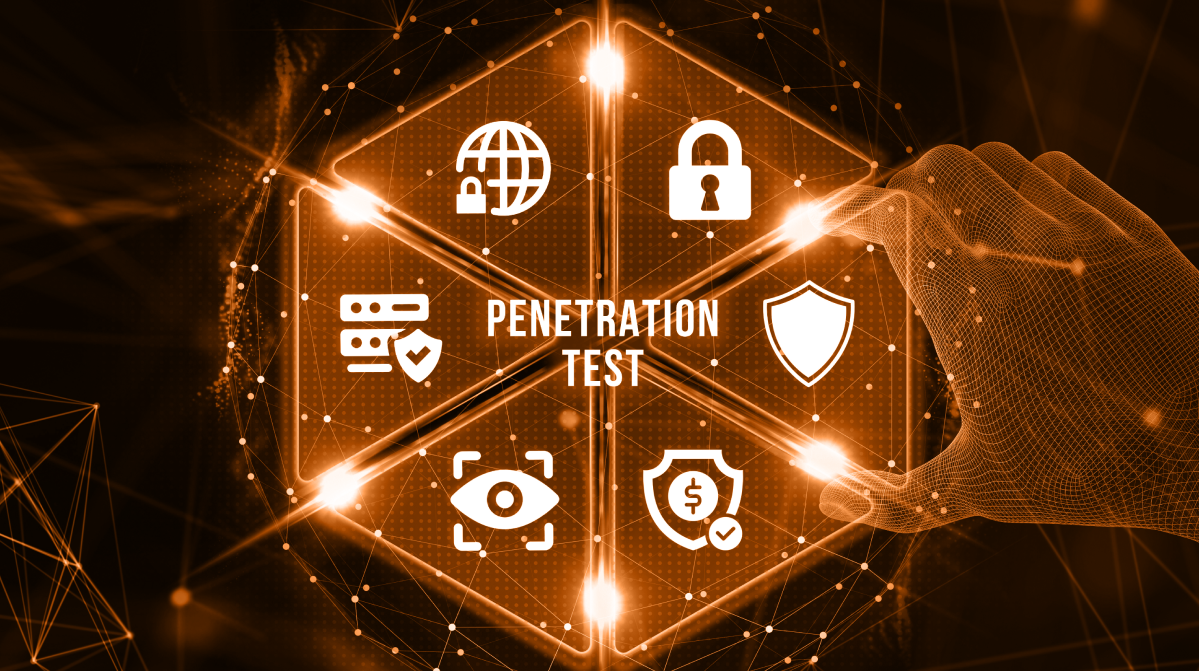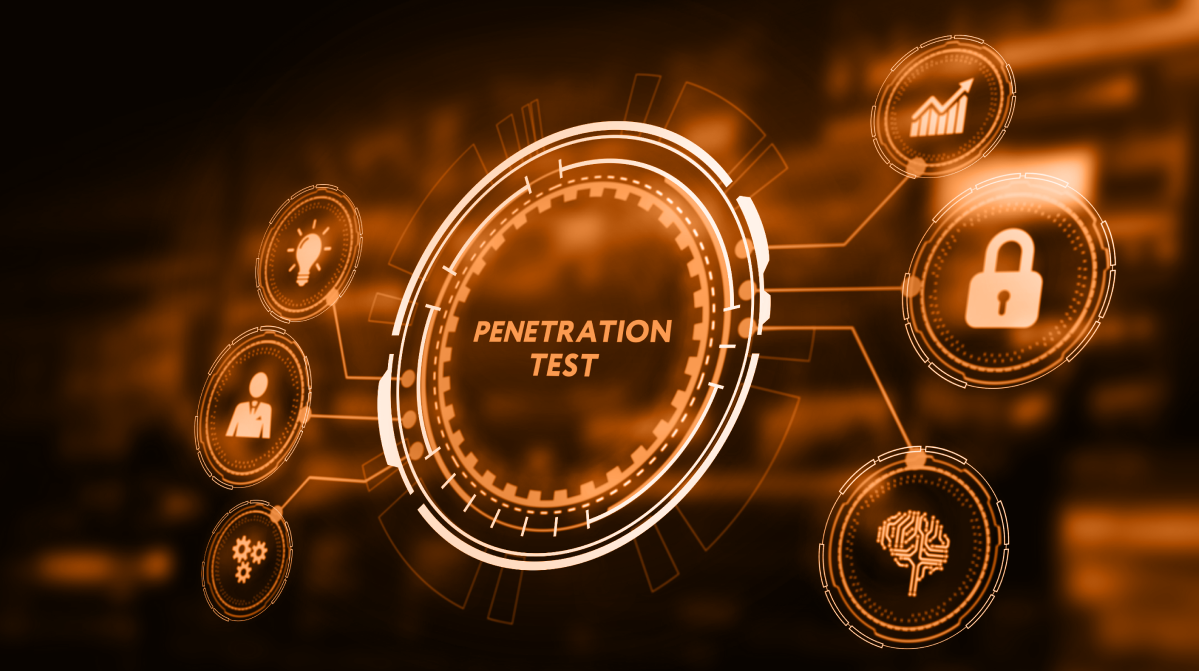
When it comes to navigating the digital landscape, Pretect understands the importance of safeguarding user privacy and maintaining robust cyber security measures. One often overlooked aspect of cyber security is the relationship between internet cookies and potential threats. In this blog, we'll explore the significance of this connection and why it's crucial to understand the role cookies play in protecting your online presence.
A cookie is a small text file stored on a user's device when they visit a website. Cookies help improve user experience by remembering preferences, storing login information, and tracking website usage. While cookies serve various beneficial purposes, they can also pose security and privacy risks when mismanaged or exploited by cybercriminals.
One significant aspect of the connection between cookies and cyber security is the impact on user privacy. Cookies can track a user's browsing behaviour and collect personal data, which can be utilised for targeted advertising or even exploited by malicious actors. As a result, users should be aware of the cookies they accept and the websites they visit to ensure their personal information remains secure.
Session hijacking is another critical concern when considering cookies and cyber security. During a browsing session, websites often use cookies to store session IDs, which enable users to remain authenticated. If an attacker intercepts or steals these session cookies, they can impersonate the user and gain unauthorised access to sensitive information or perform malicious actions.
Cookies are also susceptible to cross-site scripting (XSS) attacks, wherein malicious scripts are injected into websites. These scripts can compromise cookie data and user accounts, leading to security breaches and the exposure of sensitive information. To protect against XSS attacks, it's essential to implement security measures like input validation and secure coding practices.
Cybercriminals can exploit cookies in cross-site request forgery (CSRF) attacks, tricking users into performing unintended actions on a website while authenticated. These actions can lead to unauthorised data access or modifications, potentially resulting in significant harm. To mitigate CSRF attacks, organisations should adopt security strategies such as same-site cookies and anti-CSRF tokens.
Third-party cookies, set by external domains, introduce additional security and privacy risks. These cookies can potentially allow external parties to access user data and track user activities across various websites. To protect against these threats, users should consider disabling third-party cookies in their browsers, and organisations should limit their reliance on third-party services.
In conclusion, understanding the connection between cookies and cyber security is a vital aspect of safeguarding your online presence. By being aware of the potential risks associated with cookies and implementing appropriate security measures, users and organisations can ensure a safer browsing experience.
At Pretect, we're committed to providing comprehensive cyber security solutions that account for every aspect of your digital environment, including the role of cookies. By staying informed and proactive, you can minimise the risks and enjoy the benefits of a secure online experience.


